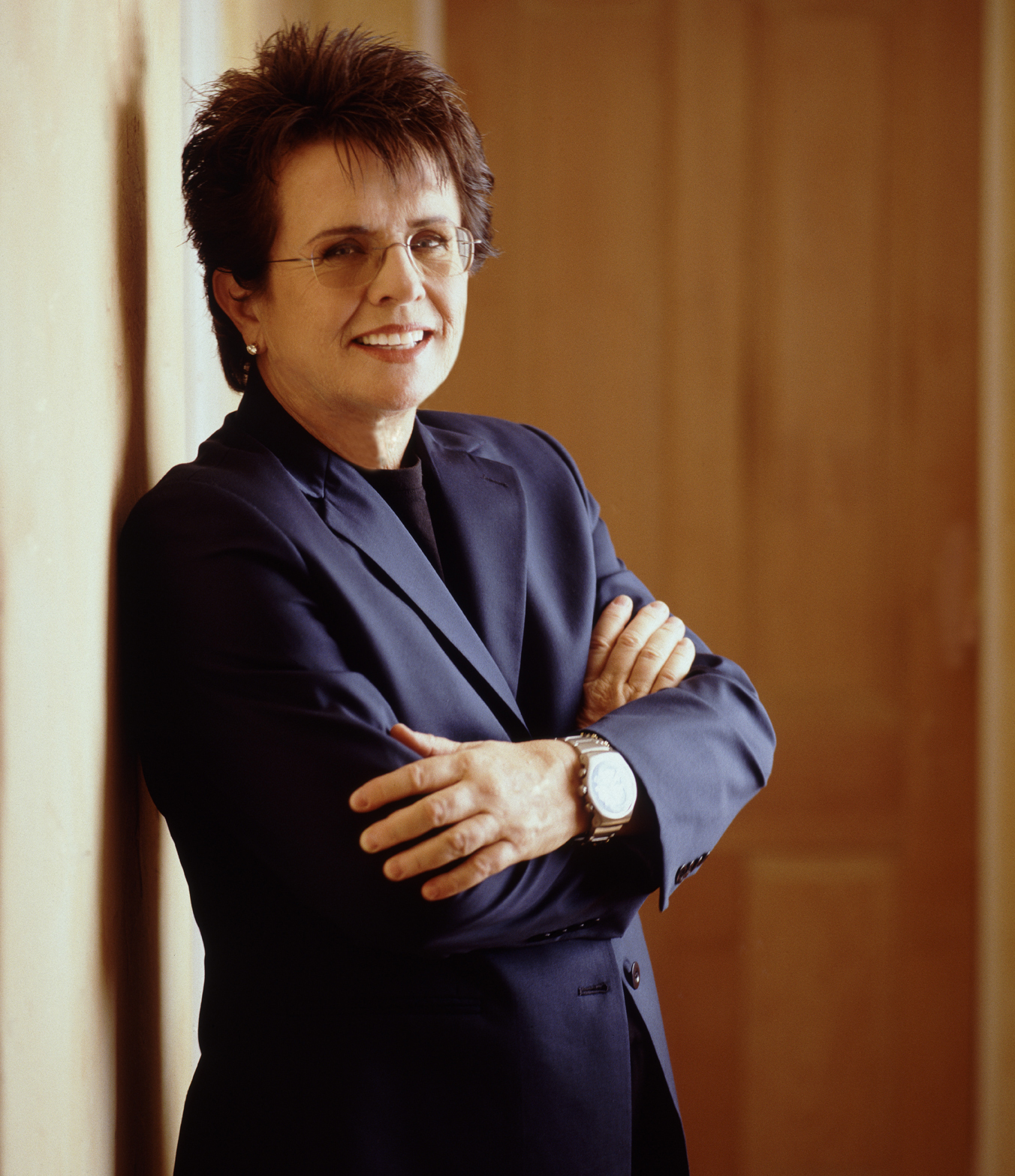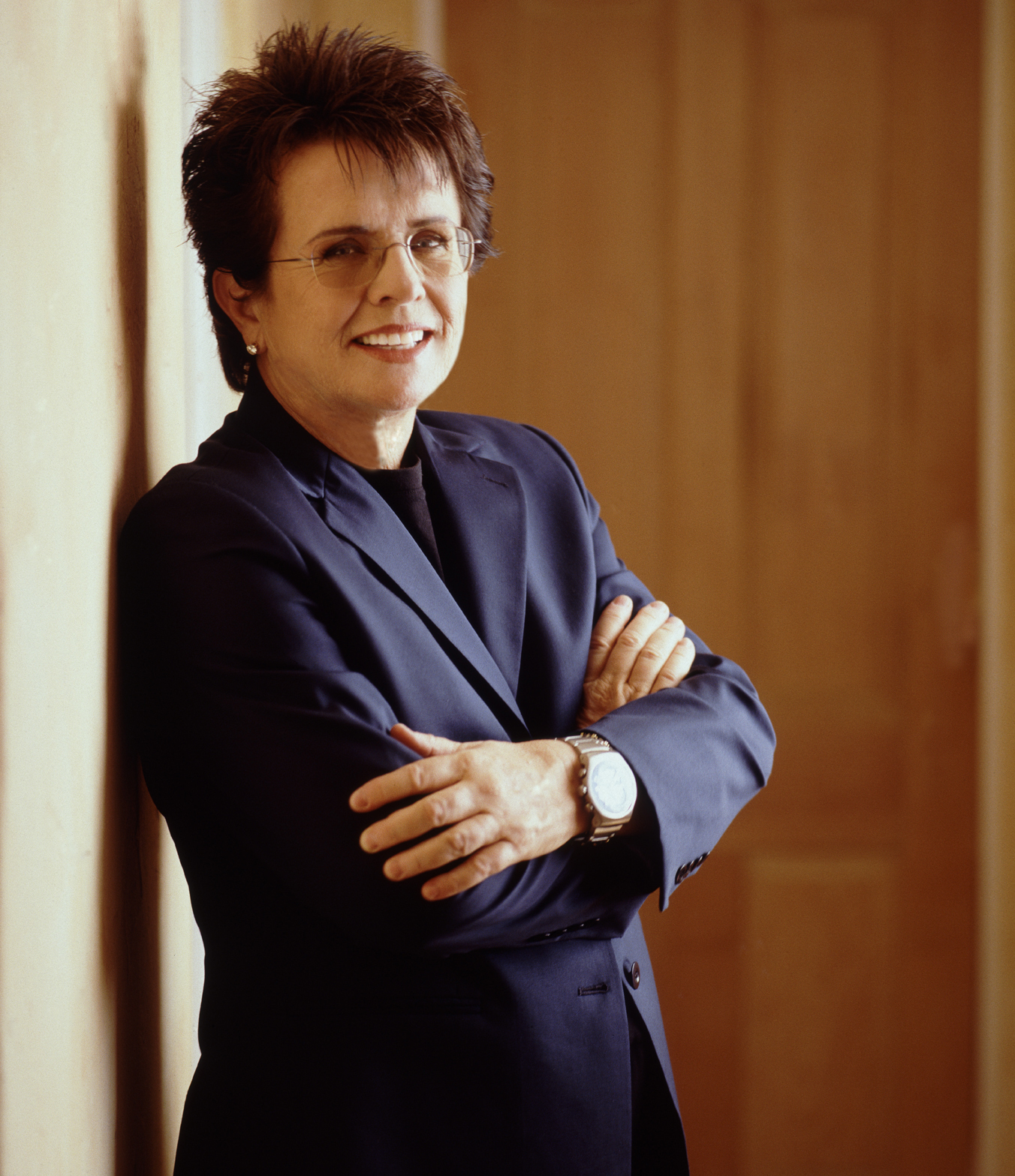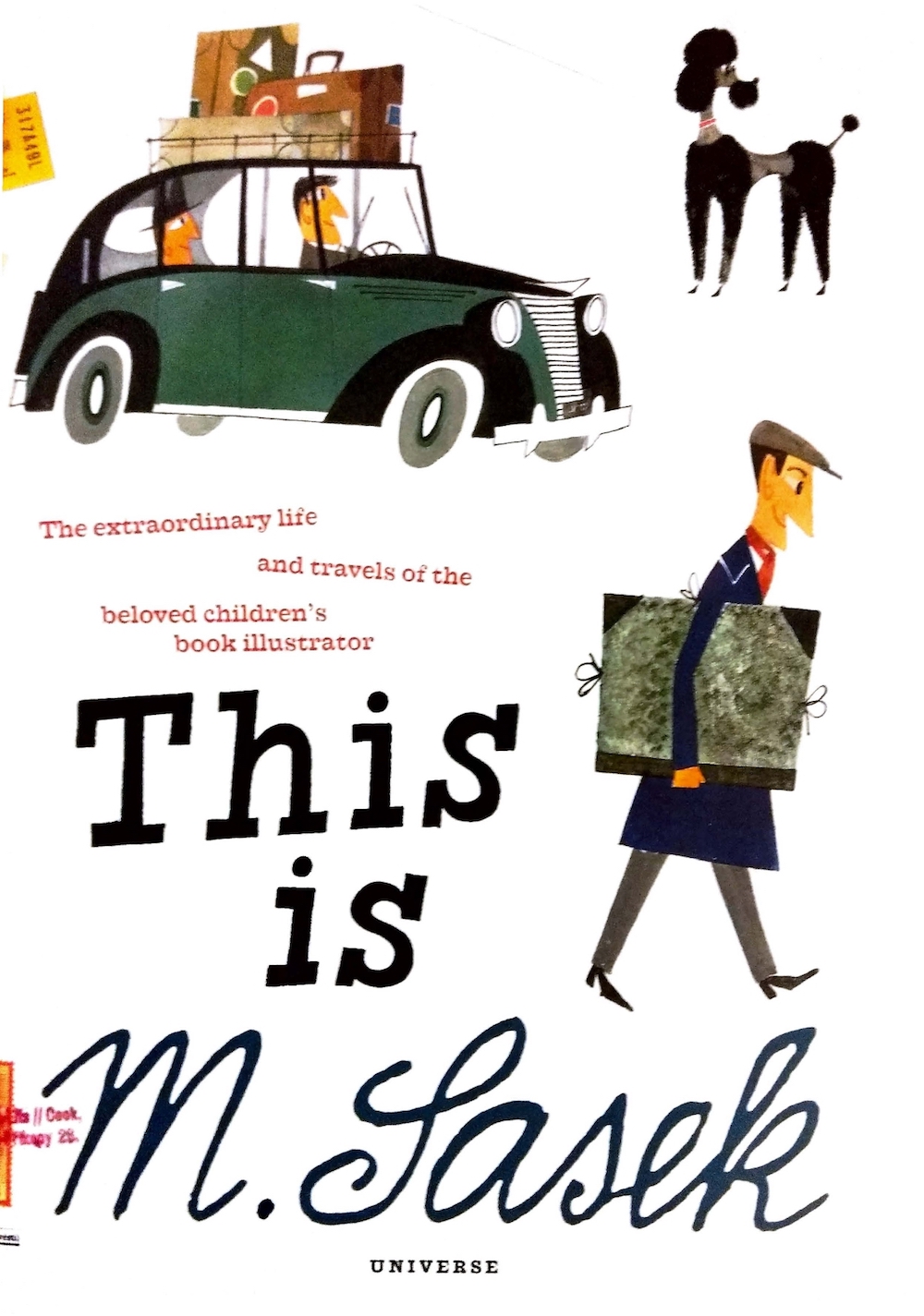In honour of its 40th anniversary, the Women’s Tennis Association (WTA) has come up with a great slogan “40 Love”. It’s a shame that in those “Forty years of breaking barriers”, some of the game’s top players haven’t mastered the art of being civil to each other – on or off the court.
Yesterday’s Wimbledon semi-final between fourth seed Agnieszka Radwanska and the marauding German Sabine Lisicki was one of the most exciting, high-quality women’s matches I’ve seen for years. Mind you, that’s not saying a lot. As the women’s game has cranked up the volume in recent years, I find the incessant yelping has a detrimental effect on my health. But the Radwanska/Lisicki had all the ingredients you need for a great tennis contest – contrasting styles, fluctuating fortunes and mid-match meltdown by the German that was painful to behold. The only soundtrack was provided by enthusiastic spectators on Centre Court, who were enjoying the rare sight of a women’s match that didn’t suck.
Lisicki eventually prevailed in a 9-7 third set. She was (understandably) jubilant about reaching her first Major final. In the BBC commentary box, an excited Simon Reed demonstrated that he understood the concept of impartiality almost as well as his older brother Ollie Reed used to master the art of sobriety. Unfortunately, the aftermath of a memorable semi-final was soured by Radwanska’s grudging handshake and rapid departure from Centre Court. She had lost; she was disappointed; she wanted to be back in the locker room.
The bad news for Radwanska is that in this age of Trial by Twitter, an ungracious exit can hurt you almost as much as a double-fault or a service return that sails over the baseline. So it wasn’t long before their brief moment at the net was being disseminated, dissected and condemned by fans, tennis insiders and those who just can’t resist a good cat fight.
On BBC2’s Today at Wimbledon, Lindsay Davenport described Radwanska’s reaction as “unsportsmanlike”, while Martina Navratilova said it was “disappointing” and recalled that she’d never avoided looking her conqueror in the eye. Radwanska’s own misfiring attempt at sarcasm when questioned about the end of the match – “Should I just be there and dance?” – didn’t help her cause either.
The news cycle and the tennis world will quickly move on to other triumphs and disasters. In today’s men’s semi-finals we’ll be clocking the speed of Jerzy Janowicz’s service not measuring the froideur at the net. The big story will be about the continuing dominance of Novak Djokovic and Andy Murray, or perhaps a breakthrough for Janowicz or Del Potro.
The message seems clear: men’s tennis is about athletic achievement, while the women’s game is just a sideshow to all the bitching, backstabbing and possible gamesmanship. Earlier this year, Victoria Azarenka’s Australian Open victory was overshadowed by her apparent panic attack during her controversial semi-final match against Sloane Stephens. The build-up to Wimbledon was accompanied by a spat between Serena Williams and Maria Sharapova over comments that the American made in an interview with Rolling Stone. Was Serena having a pop at Maria’s relationship with Grigor Dimitrov? Who cares.
Watching the other Wimbledon semi-final yesterday, between Marion Bartoli and Kirsten Flipkens, was Bartoli’s new coach, Amelie Mauresmo. In a perfect world, Mauresmo would be remembered for her glorious one-handed backhand and for being one of the most stylish exponents of the women’s game. Sadly, the 2006 Wimbledon champion’s name is also synonymous with some thoughtless comments made by Martina Hingis in 1999. Perhaps something got lost in translation, but German reporters suggested that Hingis had said of the openly gay Mauresmo “she is half a man”.
Maria, Serena, Victoria, Agnieszka and the rest enjoy the vast financial rewards of a game that was put on the map by Billie Jean King and the other pioneers of professional tennis. Now it’s time they grew up and showed some professionalism and respect in their rivalries. They’re being paid like the men, so they should take a good look at how champions like Novak Djokovic and Andy Murray behave when the battle is over. Otherwise the slogan for the much vaunted WTA should read: “40 Love/Hate”.













